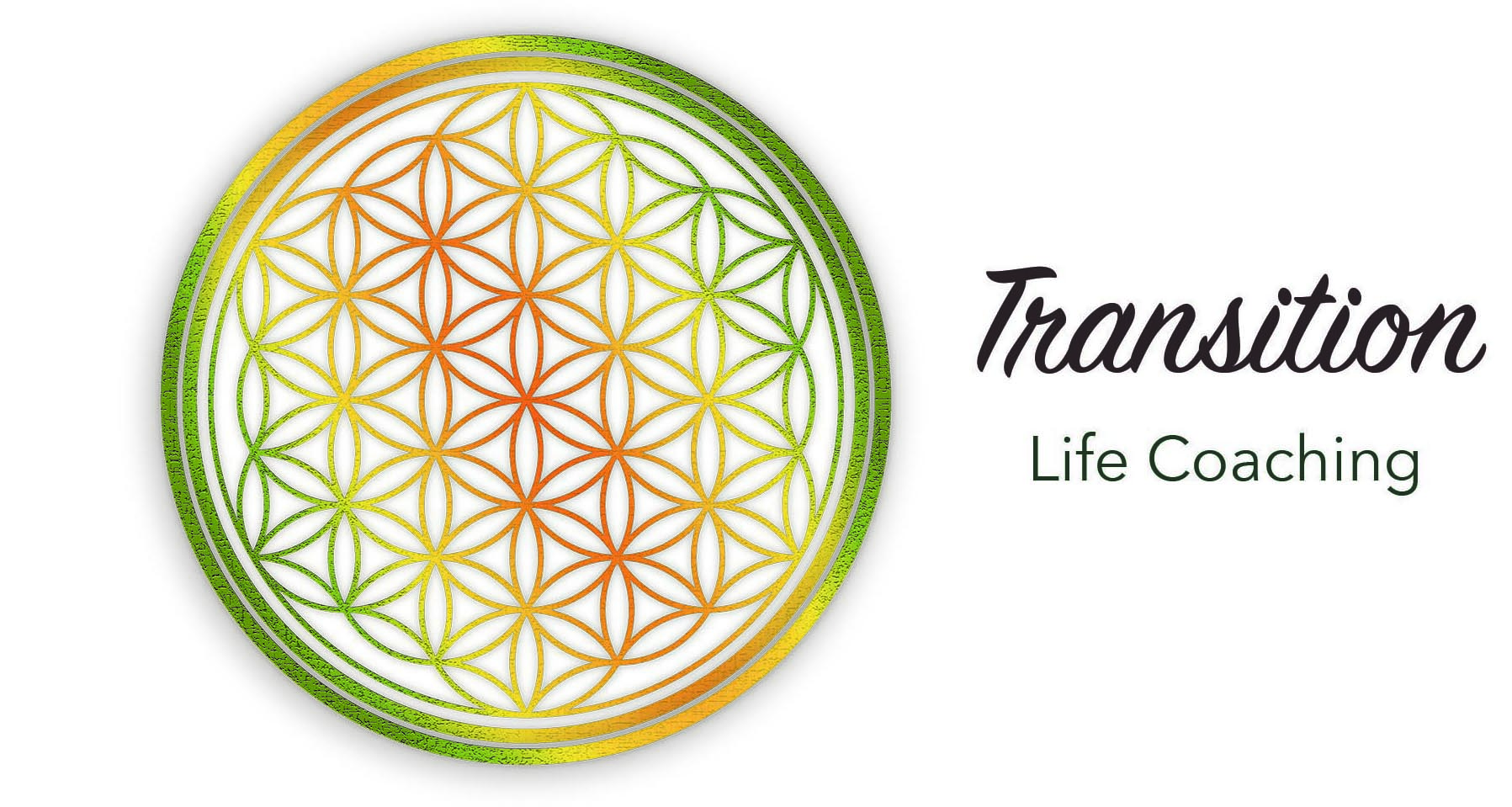
Recently I saw an article about Reiki therapist positions being offered at NHS hospitals. The comments were scathing; how dare you pay someone for this in a proper medical facility, when, according to the commenters, it was all a lot of bollocks?
When Reiki is used in medical facilities, it is not being used as a healing technique; it is a relaxation technique. I don’t think these folks would complain if a massage therapist came around to work with patients. Reiki is safer for many critically ill patients, as they may be hooked up to a lot equipment, or can’t be safely moved. A Japanese energy technique that has demonstrated results and doesn’t require the practitioner to touch the patient is a much safer option.
I should note that Reiki DOES work, and there are studies that show that it helps. Sure, it’s hard to document the medical benefits from a scientifically tested point of view, but there IS enough data out there to show that it helps patients feel more comfortable. In order for Reiki to be practiced in hospitals or any medical facility, it had to pass a lot of rigorous legal tests. Its usefulness has been demonstrated enough that it is more widely used in hospitals.
There is an entire field called Medical Humanities that has sprung up since the 1990s. Human beings are not machines; when you go into a hospital, you don’t want to be treated like a machine. There is nothing worse than going through a serious surgery and having your doctor treat you like a piece of meat, with no regard for your feelings. While Medical Humanities does focus a lot on ethical behavior in medicine, it is also about treating the patient as a human. What happens in surgery is one thing; you want a doctor who can operate with that kind of technical precision. But what happens before and after is important too, and a despairing patient can easily become sicker. Your mental health is important as your physical health if you want to get better.
So, before you question the presence of paid Reiki practitioners in a hospital, remember why they are there. They are not there to diagnose or perform “healing”, they are there to make the patient feel more relaxed and comfortable. It’s an important detail that can make or break a recovery.

Recent Comments